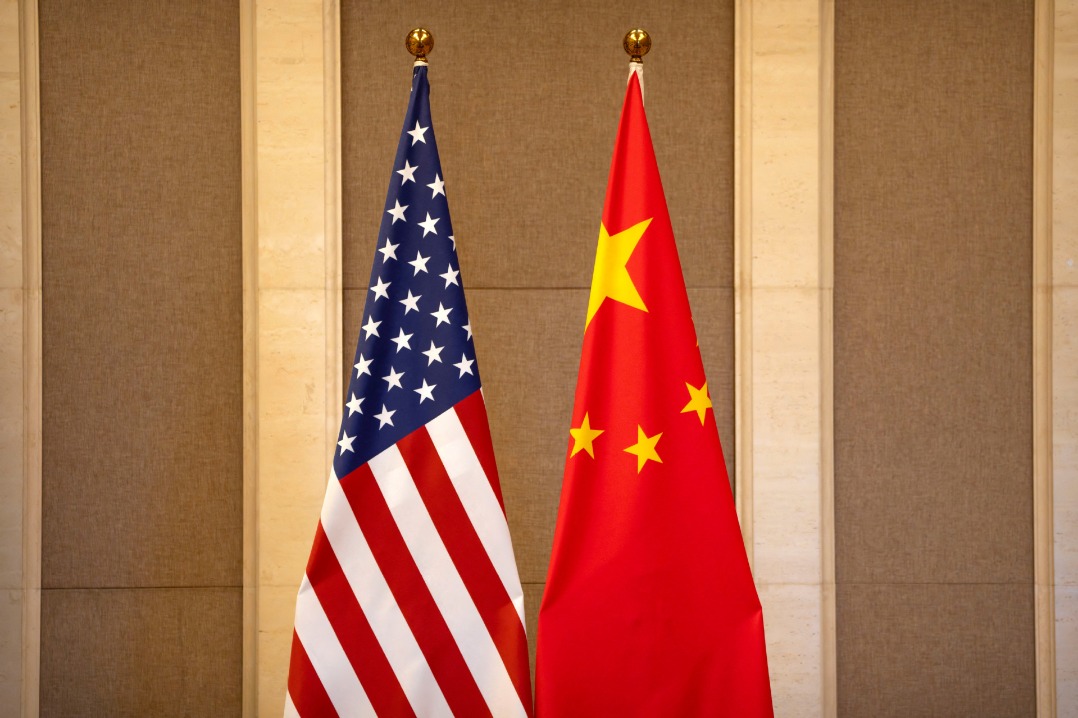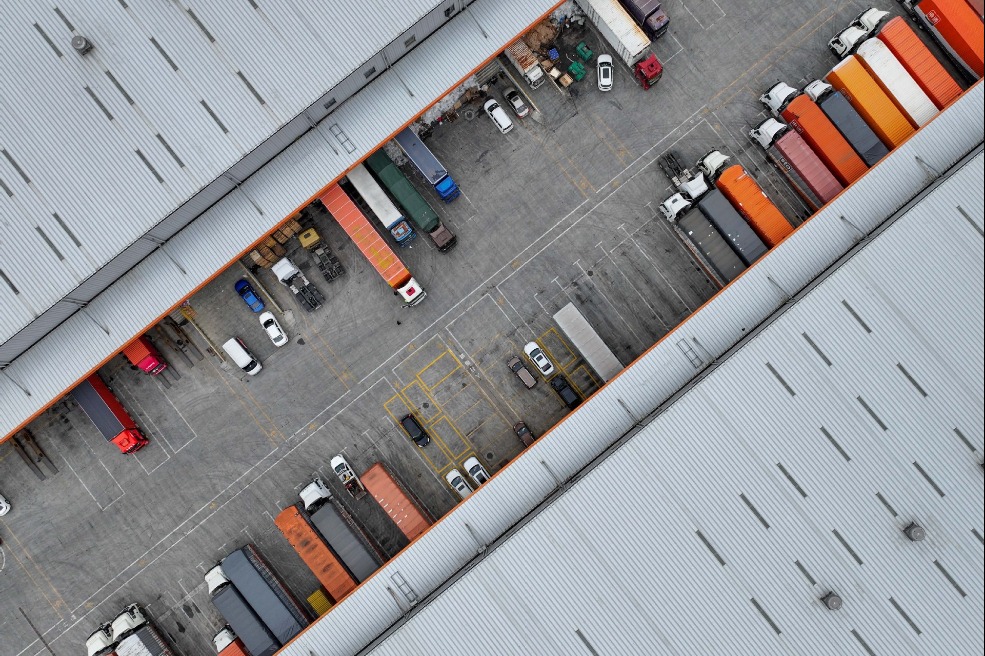81% of Chinese Firms in EU cite rising uncertainty, yet resilience prevails: CCCEU report


On Wednesday, the China Chamber of Commerce to the EU (CCCEU) and global management consultancy Roland Berger jointly released the Chamber's seventh flagship publication, namely Weathering Challenges, Sharing Success - CCCEU Report on the Development of Chinese Enterprises in the EU 2025/2026, a work based on four months of surveys and in-depth interviews with 205 Chinese companies and organizations operating in the EU, in Brussels.
According to the report, 81 percent of Chinese companies in the EU perceive rising unpredictability in the EU business environment. Many point to the growing politicization of commercial issues and dense regulatory rollouts that have created a "compliance maze." Enterprises call for a fair, transparent, and predictable market environment to restore confidence and facilitate stable growth.
In his keynote speech, Chairman of the CCCEU Liu Jiandong noted that China–EU economic relations are evolving from "complementary interdependence" to "strategic co-shaping." For Chinese enterprises, Europe has moved beyond a traditional export destination to become a hub for technological innovation, a proving ground for global brands, and a key arena for standards alignment.
He outlined three emerging trends: a "dual-track uplift" in trade structure where China's new-energy products and Europe's advanced equipment remain highly complementary; a rapid shift in investment models toward ecosystem embedding; and a growing need for rules-based dialogue. Despite six consecutive years of perceived headwinds, Liu emphasized that Chinese companies have shown strategic resolve and remain committed to the European market, calling for innovative dialogue platforms, deeper mutual understanding, and practical cooperation in green transition and advanced manufacturing to stabilize supply chains and foster mutual benefit.
Denis Depoux, Global Managing Director at Roland Berger, addressed the ceremony via video call. "Success hinges on a delicate balance," he said, adding that Chinese firms must leverage their formidable domestic advantages—such as unrivalled manufacturing scale, rapid innovation, and robust supply chains—while ensuring these strengths are not diluted overseas.
After a first wave of export-fueled success, driven by product superiority, speed and cost advantage, competitors are catching up and a deeper understanding of European customers' preferences is required, he said.

Data show that China and the EU remained each other's second-largest trading partners in 2024. According to Eurostat, the EU's official statistical department, bilateral trade in goods reached 732.2 billion euros, down 1.6 percent year-on-year amid weak global demand, yet demonstrating resilience.
By the end of 2024, nearly 3,000 Chinese-invested enterprises were operating across all 27 EU member states, employing more than 260,000 local staff. Despite pressures, Chinese enterprises demonstrated strong resilience, as over 80 percent of surveyed companies reported stable or improved business performance in 2024, with 53 percent recording revenue growth in the EU market.
The report shows optimism in the future, as 62 percent of respondents expect revenues to increase in 2025, while only 14 percent anticipate a decline. Continuous engagement and deepened cooperation will remain vital, the report concluded, expecting the full potential of China–EU economic relations to be realized in the years to come.

zhangzhouxiang@chinadaily.com.cn

































